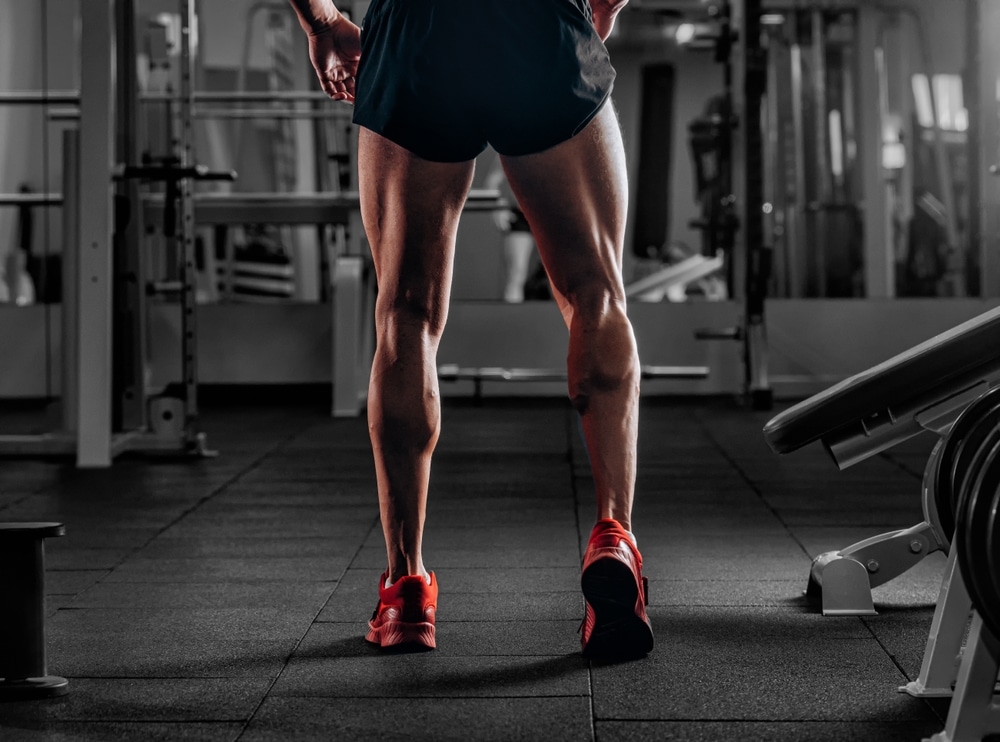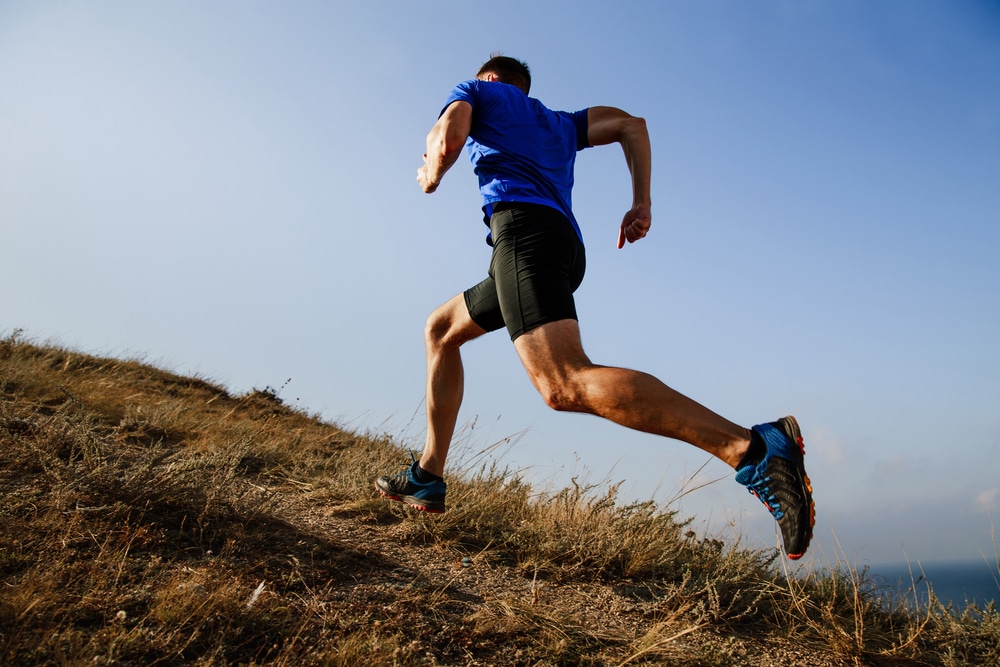Athletes train hard, eat well, stay hydrated, and maintain a healthy weight. Unfair as it may seem, they can also be vulnerable to vein disease. At McWilliams Vein Center in Wheaton, IL, our renowned board-certified phlebologist, Dr. Sean McWilliams, has been exclusively treating vein disease for nearly 20 years. He offers empathetic, expert vein care for athletes, tailored to their unique needs.

Why Athletes Can Develop Varicose Veins
Why would athletes develop varicose veins? Genetics. Varicose veins typically occur due to weakened valves, leading to increased blood pressure in the veins. They can affect anyone if you have that genetic predisposition.
For athletes, bulging, ropy, painful veins will not only cause pain and discomfort but can also hinder physical performance and affect stamina. Once you have bad valves and backward flow in the veins, certain activities will speed up the progression of vein disease more than others. Athletes who focus on sports that rely on the legs to support additional weight over extended periods, such as weightlifting, backpacking, and skiing, are more likely to develop varicose veins more quickly. Running, cycling, or other repetitive motion activities also increase the stress on the legs and veins.
Certain sports can increase your risk of varicose veins, including:
- Weightlifting: Excessive straining can damage or worsen already damaged valve structures.
- Running: Prolonged periods of time upright can cause blood to pool in the lower legs.
- Cycling: Prolonged periods of time sitting can cause blood to pool in the lower legs.
- Tennis & Pickleball: Short impacts on the legs can damage your vein valves.
- Skiing: Increased intra-abdominal pressure can damage the venous valves.
- Football: Extreme physical contact can easily damage vein valves or break existing varicose veins.
How Dehydration Can Affect Vein Health in Athletes

Dehydration is one of the most common challenges athletes face, especially during long practices, intense workouts, or competitions in hot environments. When the body loses more fluid than it takes in, blood volume decreases and circulation slows. This places extra pressure on the leg veins, which can aggravate valve stress and increase the risk of varicose veins, swelling, and muscle cramps. Even mild dehydration can impair performance and put additional strain on the circulatory system.
Signs of Early Varicose Veins in Athletes
Athletes should be aware of the earliest signs and symptoms of varicose veins. McWilliams Vein Center recommends seeking treatment at the first signs of varicose veins before they start to affect physical performance or stamina.
- Painful, achy, or heavy legs
- Mild swelling in the ankles or feet
- Throbbing or cramping in the legs
- Itching sensations in the lower legs
Whether you're an athlete or not, we're ready to help you feel well again and reach your peak physical performance.
Minimally Invasive Varicose Vein Treatments for Athletes
Athletes benefit from both conservative care and minimally invasive vein treatments, which allow for a quick recovery. Dr. McWilliams provides several advanced, minimally invasive options conveniently in the office:
- EVLA (Endovenous Laser Ablation): A thin laser fiber delivers heat inside the vein, sealing it shut so blood naturally reroutes through healthier veins.
- RFA (Radiofrequency Ablation): Similar to EVLA, but uses radiofrequency energy to close off the vein with less heat-related discomfort.
- Varithena®: A specialized microfoam is injected into the diseased vein, collapsing it safely and improving symptoms with minimal disruption.
- VenaSeal®: A small catheter delivers a medical adhesive that gently seals the vein without heat, often allowing a faster return to activity.
- Ultrasound-Guided Sclerotherapy: A safe solution is injected into targeted veins under ultrasound guidance, most effective for smaller varicose or spider veins.
All of these treatments are performed in an outpatient setting with local anesthesia. They are designed to relieve symptoms, improve circulation, and help athletes return to training with minimal downtime.
Why Choose Us For Vein Care
Dr. McWilliams is a trusted vein specialist in Chicago's western suburbs, having performed thousands of minimally invasive vascular procedures. While many believe vein disease only affects older adults, athletes can also develop varicose veins or venous insufficiency due to repetitive strain and high-impact training.
These conditions may cause leg pain, swelling, or heaviness that interfere with daily activities and performance. With his exclusive focus on vein health, Dr. McWilliams provides early diagnosis and customized treatments to keep athletes moving comfortably and prevent long-term complications.
FAQs
Athletes can reduce their risk by staying well-hydrated, strengthening their leg muscles, wearing supportive footwear, and taking regular breaks from prolonged standing or heavy lifting. Elevating the legs after intense workouts also promotes healthy circulation.
Long flights, bus rides, or car trips reduce leg movement and slow blood flow, which increases pressure in the veins. Athletes should stretch, walk when possible, and Dr. McWilliams may also recommend wearing compression garments during travel to protect vein health.
Yes. Dr. McWilliams provides recovery guidance tailored to your situation and sport. This generally includes walking frequently after treatment to promote circulation. High-impact training or heavy lifting should be avoided until Dr. McWilliams clears these activities to ensure proper healing.
Compression socks or sleeves can be very helpful. They support vein walls, reduce swelling, and encourage blood to flow back toward the heart, making them useful during both workouts and recovery periods.
A balanced diet rich in fiber, antioxidants, and lean proteins supports vein strength and reduces inflammation. Staying hydrated and limiting excess salt intake also helps prevent swelling and circulatory strain.
Schedule a Consultation in Wheaton
If you're an athlete needing expert vein management to stay at the top of your game, contact our office at (630) 474-2600 to schedule your appointment today.

